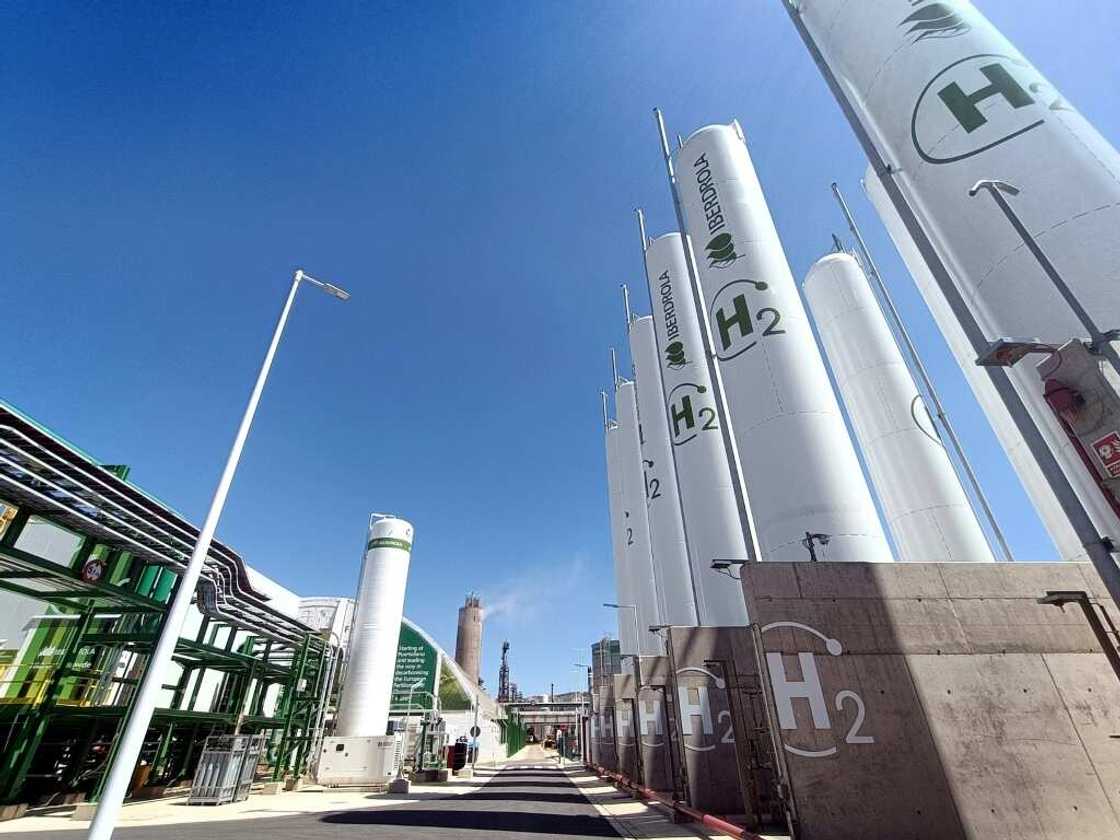Windfall tax backlash menaces Spain's green energy sector

Source: AFP
Spain's left-wing government has infuriated banking and energy giants by wanting to maintain a windfall tax on them, threatening crucial investments for the European country's green energy transition.
The tax entered force for two years in January 2023 to fund measures aimed at protecting consumer purchasing power as inflation spiked following the outbreak of the war in Ukraine.
But Prime Minister Pedro Sanchez's government intends to keep it as part of a coalition deal with far-left party Sumar, a choice confirmed this month by Economy Minister Carlos Cuerpo.
Several countries have implemented or are considering exceptional levies to rebalance their budgets, including EU heavyweights France and Italy, who are in the commission's firing line for excessive deficits.
Spain is also looking to slash its deficit and the tax, which raked in more than 2.8 billion euros ($3.1 billion) this year according to the budget ministry, could be a useful tool.
Cuerpo has said the tax was effective at redistributing wealth without damaging the competitiveness or solvability of the companies concerned.
Banking giant Santander and energy major Iberdrola are notable examples, with both posting record profits last year.
But the companies say the government has reneged on its word by planning to extend the levy, introduced at a time of runaway inflation and high interest rates they believe is over.
Spanish oil giant Repsol announced this week that it had already frozen investments in its green hydrogen projects in the country, citing an "unfavourable regulatory environment", particularly the windfall tax.
So-called "green" hydrogen, produced using renewable electricity, has been identified as a possible replacement for carbon-spewing fossil fuels like oil, gas and coal.
But the technology is in a relatively early stage of development and requires substantial investment.
'Fiscal populism'
The permanent windfall tax threatens to send "billions" of euros of investment to other countries, Repsol boss Josu Imaz wrote in newspaper La Vanguardia, slamming the government's "fiscal populism".
Foment del Treball, a Catalan business leaders' organisation, warns of repercussions for jobs and investment due to what it believes is a "discriminatory" measure against the energy sector.
The boss of energy giant Endesa, Jose Bogas, also warned Spain would "lose opportunities" by generating doubts about the future of the country's green energy sector, which the government has made a cornerstone of its policy.
Of the 308 billion euros earmarked for the energy transition by 2030, 252 billion is due to come from the private sector.
In June, the International Monetary Fund warned windfall taxes should remain temporary to avoid the risk of putting off already weak investment.
Opponents of the plan hope the minority government's fickle allies in parliament will help scupper it in a vote.
PAY ATTENTION: Сheck out news that is picked exactly for YOU ➡️ find the “Recommended for you” block on the home page and enjoy!
Source: AFP




